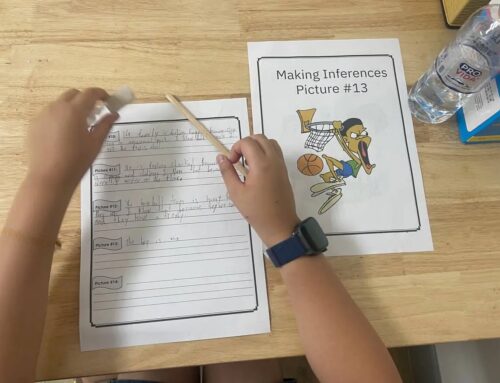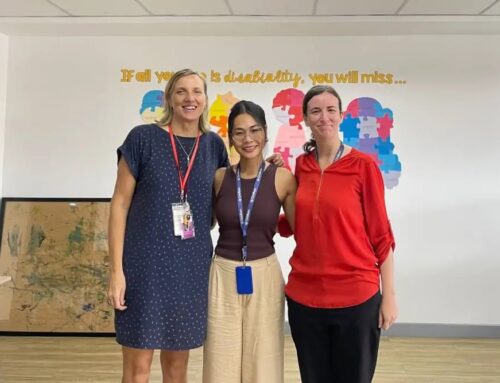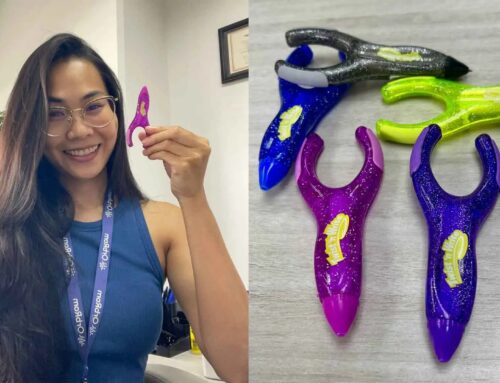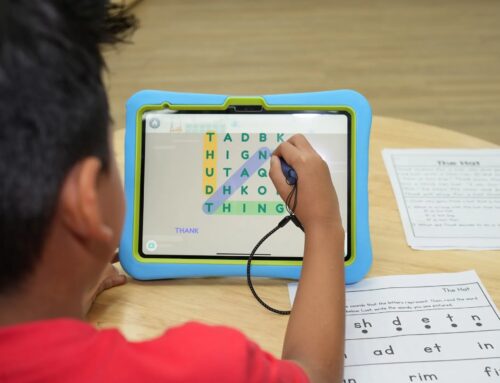[ad_1]
In Cambodia, where many children grow up speaking Khmer at home and English at school, communication challenges can easily arise. For second language learners, speech therapy plays a vital role in helping them master pronunciation, vocabulary, and language comprehension in both languages. By supporting clear and confident communication, speech therapy for second language learners helps bridge the gap between home and classroom, ensuring every child has an equal opportunity to succeed in Phnom Penh’s increasingly multilingual education system.
Understanding Speech Therapy for Second Language Learners
Speech therapy focuses on improving communication skills, including articulation, language development, and social communication. For children learning a second language—such as English or French—these goals often require specialized strategies. In Cambodia, students in international schools and bilingual programs may face added challenges when switching between Khmer and English structures, tones, or sounds.
A speech-language pathologist (SLP) can help identify whether a child’s speech issue stems from second language learning differences or an underlying communication disorder. For example, a Khmer-speaking child may mispronounce English sounds that don’t exist in their native language, such as “th” or “v.” Through targeted exercises, modeling, and repetition, the SLP helps the child distinguish and produce these sounds accurately.
At OrbRom Center, speech therapy programs are designed to meet each learner’s unique linguistic and cultural needs—ensuring progress in both their first and second languages.
The Challenges of Learning in Two Languages
Children learning a second language often experience “code-switching,” where they mix words or grammar from both languages. This is normal, but in some cases, it can mask real communication difficulties. Cambodian students learning English may:
-
Struggle to understand complex classroom instructions in English
-
Avoid speaking in front of others due to accent or confidence issues
-
Have difficulty differentiating between similar sounds (e.g., “r” and “l”)
-
Experience slower vocabulary growth compared to native English speakers
A speech therapy assessment can clarify whether these issues are language-based learning differences or signs of a speech or language disorder. Learn more about assessments at OrbRom Center to identify the right support early on.
How Speech Therapy Supports Second Language Learners
Effective speech therapy for second language learners combines language instruction with communication skill-building. Therapists use engaging, evidence-based methods to help children communicate naturally in both languages.
1. Phonological Awareness and Pronunciation Practice
Speech therapists teach children to recognize and produce sounds that differ between languages. For example, Khmer speakers often substitute the English “v” with “w.” Through play-based articulation activities and listening exercises, students learn correct mouth and tongue placement.
2. Expanding Vocabulary and Sentence Structure
Therapy sessions include storytelling, picture description, and conversation practice to build vocabulary in both languages. Children learn to form grammatically correct sentences and understand word meanings within context—skills essential for academic success.
3. Building Confidence in Communication
Many bilingual learners feel anxious about making mistakes in their second language. Therapists encourage confidence through social communication games and role-play activities that simulate real-life situations, such as classroom discussions or group projects.
4. Parent and Teacher Collaboration
At OrbRom Center, parents and teachers are involved in every step of the child’s speech journey. Therapists provide strategies that families can use at home, such as labeling household items in both languages or practicing daily conversations during meals. This collaborative approach ensures that progress continues beyond the therapy room.
To explore therapy that supports communication across environments, visit Speech Therapy Services Phnom Penh.
Cultural and Educational Relevance in Cambodia
Phnom Penh’s growing network of bilingual and international schools makes speech therapy more relevant than ever. Children from diverse backgrounds—Khmer, Chinese, Filipino, or mixed heritage—often adapt to English-based education systems while maintaining their mother tongue at home.
Without proper support, they might experience communication gaps that affect learning, confidence, and peer interaction. Speech therapy bridges this gap by promoting multilingual communication development, empowering children to thrive academically and socially.
Programs such as Preschool Program and Special Needs Intensive Intervention at OrbRom Center also integrate speech therapy as part of early intervention, ensuring young learners develop strong communication foundations before entering formal schooling.
Why Early Support Matters
The earlier a child receives speech therapy, the easier it is to correct pronunciation, language use, and confidence issues. Early support allows second language learners to adapt naturally to bilingual environments and reduces the risk of long-term academic or social struggles.
In Phnom Penh and across Cambodia, where multilingual education is becoming the norm, families are increasingly turning to professional speech-language pathologists to ensure their children’s communication development keeps pace with academic demands.
For many, speech therapy for second language learners is not just about mastering English—it’s about building the voice and confidence to connect with others across cultures.
Conclusion
Speech therapy for second language learners in Cambodia empowers children to communicate clearly, think bilingually, and succeed academically. With guidance from trained speech-language pathologists, children can overcome pronunciation barriers, expand vocabulary, and build confidence in both Khmer and English.
At OrbRom Center, our evidence-based programs support language development in diverse learners—from preschoolers to students in international schools. By addressing challenges early, we help each child find their voice and thrive in a multilingual world.
[ad_2]
Source link






